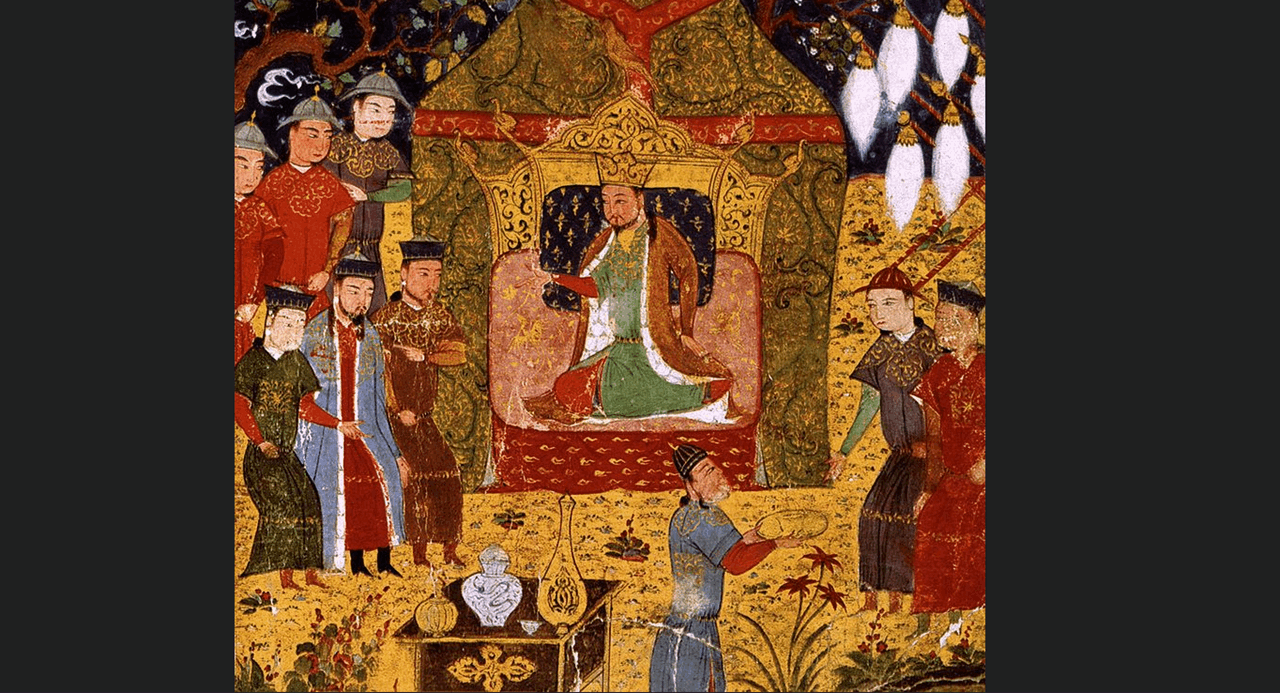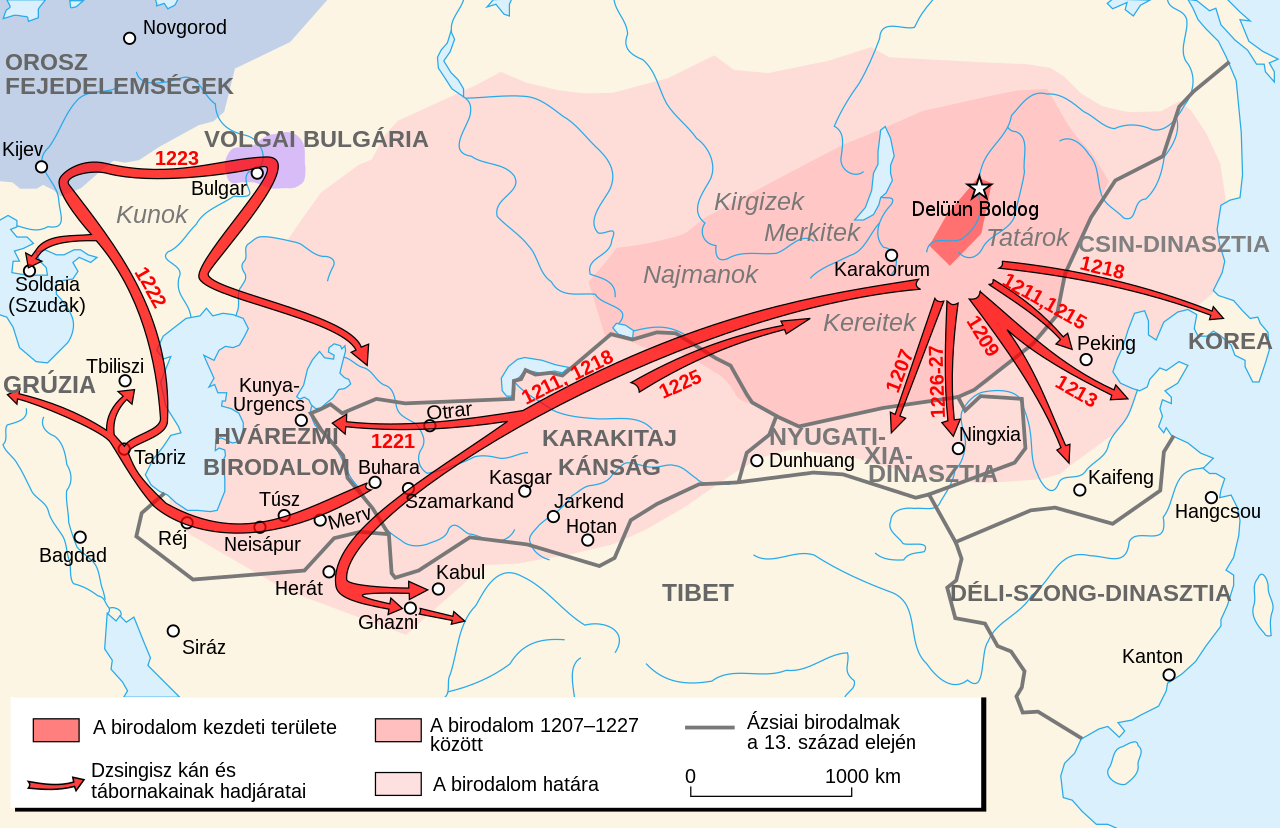Frustrating mystery: Genghis Khan’s death remains unsolved after 800 years, here are the theories

It seems that the founders of the great Eastern empires took great care to ensure that no one—centuries after their deaths—would be able to locate their final resting places. This is true for historical figures such as Attila the Hun, who plays a significant role in Hungarian historical myth, as well as Genghis Khan, the Great Khan of the Mongols. Even Árpád, the legendary Hungarian leader, falls into this group; without him, Hungarians likely would not inhabit the Carpathian Basin today.
Genghis Khan: A singular yet brutal life
Of these leaders, we know the most about the death of Genghis Khan. Remarkably, we know where and when he died—an impressive feat considering it happened nearly 800 years ago. The first Great Khan of the Mongols died on 18 August 1227, at the age of 65. He was campaigning against the Western Xia Dynasty at the time, in what is now northwestern China, west of today’s Pingliang.
Genghis Khan led an extraordinary life. According to historical accounts, his talent for state-building and military leadership was unparalleled—leaders like him are born perhaps a few times each century, and only a select few reach his level of achievement. Though he spent his entire life at war, by the time of his death, he ruled the largest empire the world had ever seen, stretching from the Pacific Ocean in the east to the Caucasus in the west. His successors expanded the empire even further; his son Batu Khan would go on to crush the medieval Hungarian army in a fierce battle along the Sajó River.

Many theories surround his death
Despite extensive historical research, scholars still don’t know precisely how the 65-year-old ruler died in 1227, or where he was buried. In those days, a man of that age could easily succumb to a minor accident or an infected wound—especially one who lived a life of constant movement and less-than-healthy eating habits, even if he was the leader of the most powerful empire of the time.
At least, that’s what The Collector’s article claims, while outlining the most plausible causes of his death:
- He fell off his horse during a hunt and sustained internal injuries that could not be treated. This is currently the most widely accepted theory.
- According to a work titled “History of the Yuan Dynasty” (the Mongol-ruled Chinese dynasty), he was ill for eight days, but the illness is not specified. Some researchers believe it may have been typhoid or bubonic plague, though without bones to examine, it’s impossible to confirm. Supporting this theory is the fact that plague swept through the Mongol army during the 1227 campaign.
- Later sources claim he was stabbed by a princess from the Xia dynasty, though this is widely believed to be propaganda spread by rivals—Persians or Chinese—to tarnish his fearsome reputation.
- He was killed in battle by a stray arrow, though this too is only mentioned in secondary sources.

A secret burial
What we do know for sure is that his orders for a secret burial were carried out flawlessly. To this day, his tomb remains undiscovered. Some reports suggest it lies somewhere on Burkhan Khaldun, a sacred mountain where, according to legend, assassinated servants dug his grave.
Why don’t we know more about his death?
Because the Mongols deliberately kept it secret at the time. First, they needed to complete the war effort, which they did by utterly destroying the resistant Xia state. Second, they had to prevent the empire from fracturing. In a highly organised empire that boasted an excellent postal system, it was well understood that the Great Khan was the glue holding everything together. Without him, maintaining unity would be far more difficult. As history shows, they succeeded, for better or worse for others. For Hungary, it was unfortunate: Genghis Khan’s son, Batu Khan, eventually reached their lands. Fortunately, unlike the Ottomans, they stayed for less than a year.
- New evidence of Mongol brutality during the Tatar invasion found in Bugac
- Mass grave from Mongol invasion unearthed in Hungary
Click for more articles about history.
To read or share this article in Hungarian, click here: Helló Magyar







